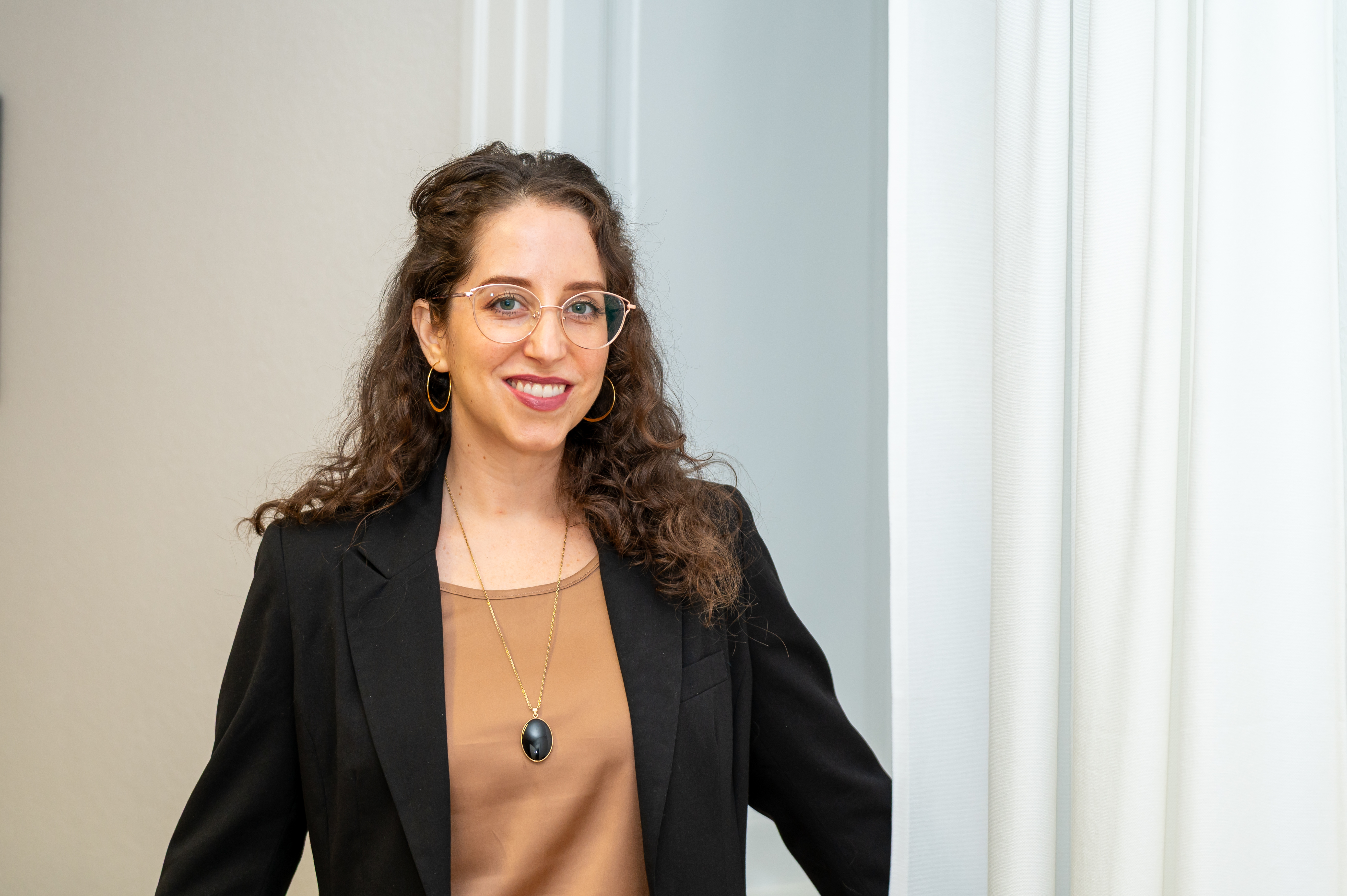Democracy and Truth
Article two of Alexander Görlach's new column, part of our ongoing series "Let's Talk Democracy", explores Democracy and Truth.

Truth is fundamental to all kinds of human interactions. With truth comes trust and, without trust, there is no inter-personal nor societal relationship. And yet, Jerry Jellison, a psychologist at the University of Southern California estimated in 2019 that humans hear a stunning 200 lies a day. These lies include niceties like “I like your new haircut”, which don’t do much harm. Yet, lies can easily become more consequential. Studies show that humans can only detect such lies roughly 50 percent of the time (albeit recent studies also questioning the number of 200 a lies day). The lies that go undetected are often well-disguised. Lies are especially difficult to catch when they are uttered by an authority figure we’re told to trust. Having said that, politics have never really been seen as a sphere of trustworthiness. Hannah Arendt summed this assumption up in 1967 in her essays “Truth and Politics” by observing: “No one has ever doubted that truth and politics are on rather bad terms with each other, and no one, as far as I know, has ever counted truthfulness among the political virtues.”
But why is that the case? Sociologist Max Weber might have shed light on this inquiry in his lecture “Politics as Vocation” in 1918: “There is the authority of the extraordinary and personal gift of grace (charisma), the absolutely personal devotion and personal confidence in revelation, heroism, or other qualities of individual leadership. This is ‘charismatic’ domination, as exercised by the prophet or in the fields of politics by the elected war lord, the plebiscitarian ruler, the great demagogue, or the political party leader.”
For Weber, it is not truthfulness that makes a political argument victorious; it is the way it is delivered through charismatic speech and allure. Barack Obama was perceived widely as a great, charismatic speaker. On the other end of the spectrum, Donald Trump uses violent, dark language. Both adhere to groups of voters or disciples, if you will, that are convinced by the mode of speaking of their hero, not primarily by the arguments portrayed therein.
In democracies, the speech that a politician can utter is confined by the press that observes the acts and doings of a government, by the parliamentary opposition, and by groups of civil society. All of these entities strive to ensure that politics is not only a lofty array of charismatically made promises but that it rather stays grounded and delivers real-world policies that improve people’s lives and strengthen society as a whole.
This collective evaluation describes the process by which truth is delivered in a democracy. Politicians do have, if we follow Hannah Arendt and Max Weber here, an inherent conflict of interest in having to be charismatic and pragmatic at the same time. This is why in election campaigns, many of those seeking office exaggerate or make claims they will never be able to fulfill if really elected. Ultimately, successful democratic leadership entails steering large (and by definition un-charismatic) bureaucracies towards the change that the electorate voted for. Unlike in non-democracies, elected representatives will be held accountable in the next election.
When we speak about truth in democracy, it is important to understand that we do not mean truth as the term is used in religious contexts. Truth is not ordained by divine revelation but rather searched for and obtained in a perpetually continuing process. Science and technology challenge lawmaking as much as they advance societal progress at the same time. Such an environment cannot be ruled on the basis of a heavenly decree.
Truth here means veracity, which is a promise to adhere to the principles of truthfulness. Commitment to veracity should be essential to the politician and frankly to everyone who wishes to participate in a constructive, empathic discourse, be it in public or in private. This implies, amongst other things, the subordination of opinion under the guidance of facts. Science has to be the guiding principle of any truth-seeking. Even on the basis of facts, there will still always be different ways of engaging with issues of the day. The democratic process is the competition between different policy approaches. There are, however, no “alternative facts” in democracy.
Posted in
Partners
.png)



.jpg)
